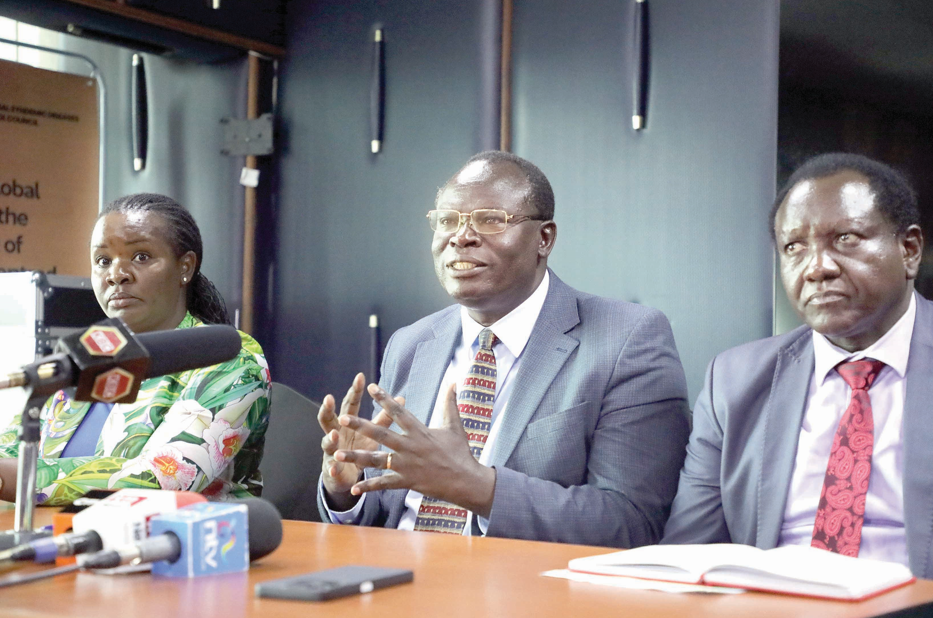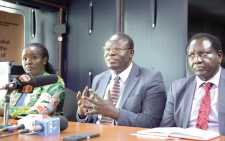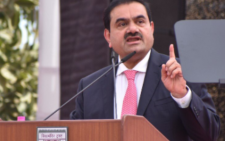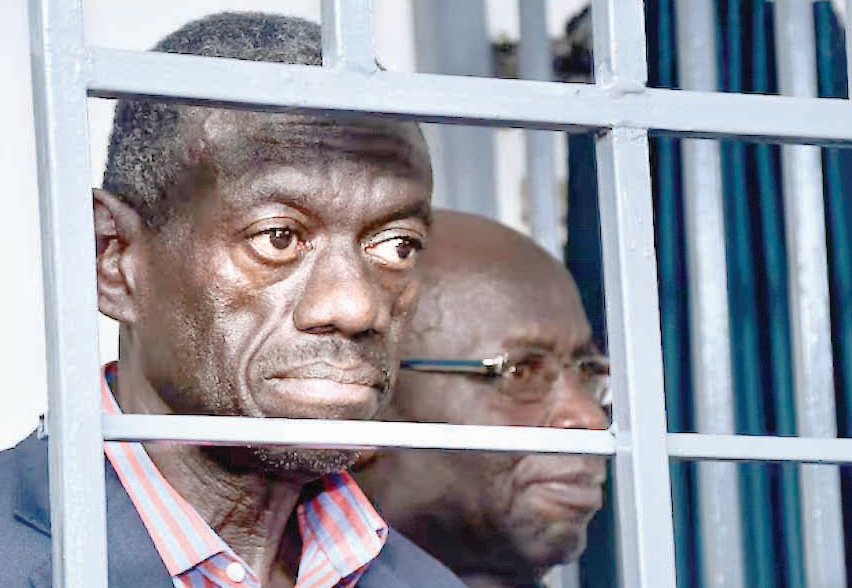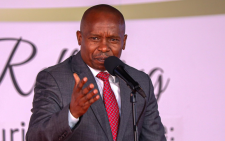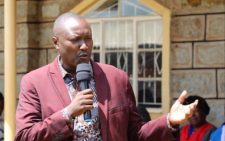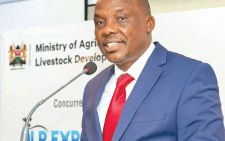Health providers affiliated to the Faith-based Organisations (FBOs) want the government to offset debts amounting to at least Sh4 billion left behind by the defunct National Health Insurance Fund (NHIF).
The leadership of the institutions expressed concern that the commitment given yesterday by the Health ministry to clear all outstanding amounts by March 2025, as insincere and unsustainable. If not cleared soon, services provided by the facilities are likely to grind to a halt, they warned.
Members of Christian Hospitals Association of Kenya (CHAK), and the Supreme Council of Kenya Muslims (SUPKEM) among other stakeholders also raised concerns that the delayed payments are seeing queues of patients with critical ailments becoming longer.
The groups met with the Ministry’s leadership led by Cabinet Secretary, Dr Deborah Barasa at the National Syndemic Diseases Control Council (NSDCC) to share their feedback from an earlier October 14, 2024 meeting.
“I think one critical challenge has been the payments for services being provided, because faith-based health providers depend on the fee we collect,” Dr Samuel Mwenda, CHAK secretary general told journalists after a long closed-door meeting with the CS and ministry officials.
Mwenda said that after consultation amongst particular mission hospitals and faith-based hospitals across the country through a technical team, key priorities in a number of areas that still need to be addressed were identified.
Moving forward, Dr Mwenda expressed concerns that as the queues of chronic patients continue to be longer, the bills also keep on spiralling.
“We are leading cardiothoracic surgery, for example. And those are extremely expensive procedures. Others are, orthopaedic surgery, neurosurgery. And that’s how these bills build up,” he said.
Historical claims
The official was flanked by Jacinta Mutegi, Head of Health at the Kenya Conference of Catholic Bishops (KCCB) and Bishop Robert Lang’at, board chair at Tenwek Mission Hospital.
Mwenda revealed that from the initial payments that were owed to health providers, faith-based hospitals received only Sh958 million.
“We’ve been engaging, because payments should be ongoing every month, once or twice as the bills keep on accumulating on any given day,” he said and suggested that the payments should be happening once or twice a month to reduce the rising bills. The official said that as the social authority receives funding from contributors and the National Treasury, they should make more payments, particularly for historical claims. He noted that as the payments come, there’s a bit of reduction.
“Every day we are seeing patients and we are making claims. I think the latest, the last figure that was confirmed from the Social Health Authority system that was available, without considering those that are still claims from the facilities, we are totalling Sh4 billion Kenya shillings,” he said.
To demonstrate how dire the situation is, at the Kijabe Mission Hospital for instance, patients waiting for surgeries yesterday could not be seen as the claims system was still down and even the money had not been remitted.
Earlier the CS said the government was putting solutions in place to address the challenges as they emerge. She said when she met stakeholders in the closed-door meeting, there was acknowledgement that there were challenges with the roll-out.
“One of the objectives for today’s meeting is to listen to your experiences during this roll-out, the challenges and your recommendations so that we can learn from each other and forge a clear way forward with practical implementable solutions,” she said in a statement.
The CS noted that the government is delivering on its promises on health through implementing the four UHC laws assented to last year which include the Social Health Insurance Act, Digital Health Act, Primary Health Care Act and Facility Improvement Financing Act.
The Social Health Insurance Act of 2023 repealed the National Health Insurance Fund Act and established the Social Health Authority (SHA), which oversees three essential funds. It was operationalised on October1, 2024.
“Through implementation of Taifa Care and roll-out of Social Health Authority on October 1, 2024, the government is delivering on the promise to set up a fully publicly-financed primary healthcare,” she said.

